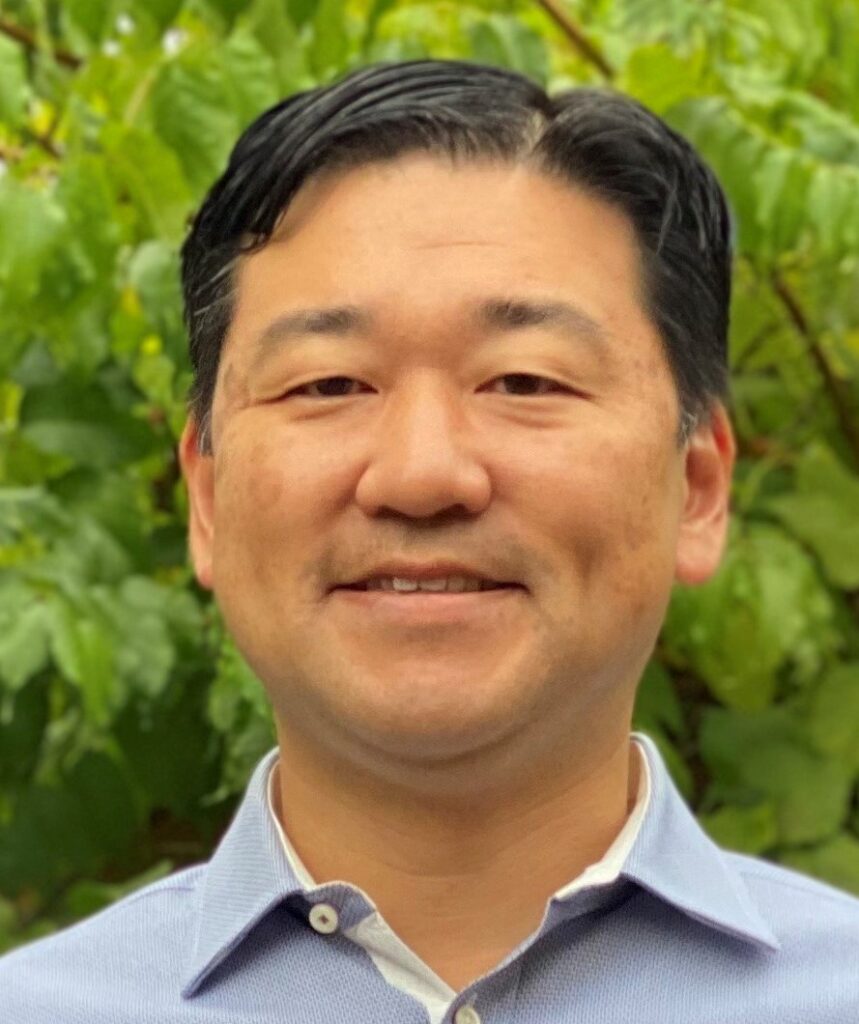April 19, 2023

David Hong, MD, is Vice President, Clinical Development with Spero Therapeutics, Clinical Associate Professor (Affiliated) of Pediatric Infectious Diseases at Stanford University, and Staff Physician in Pediatric Infectious Diseases at Santa Clara Valley Medical Center. He earned his medical degree at Northwestern University Medical School and completed his pediatric infectious diseases fellowship at Stanford University School of Medicine.
Dr. Hong joined PIDS as a first-year fellow and has been involved in various capacities since that time. His contributions to the PIDS Foundation over the past few years have been to support efforts where the Foundation could impact the retention and funding of pediatric ID physicians: How can PIDS support faculty through the trainee to independent investigator transition? How can PIDS recruit the next generation of peds ID by reaching undergrads, medical students, and residents to get them excited about ID?
“We’ve seen the importance of having a robust infectious disease physician pipeline over the past few years, not only during the COVID-19 pandemic but with many other emerging infectious disease threats that are on the horizon. It is important for us to be able to support trainees and junior faculty as they rise through the ranks, providing ways to support them at transition points in their career – whether it’s during fellowship or the critical time of transition from trainee to independent investigator. I want to make sure that we support the Foundation in supporting them.”
Securing funding and support of research activities is a challenge, particularly during one’s early career. Reflecting on his own career, one of the most challenging times he identified was finding mechanisms of support early in your career. While the usual path is trying to secure NIH funding, this is often a prolonged process that can take multiple grant submissions.
It was during his early career period that Dr. Hong was recognized with the PIDS Young Investigator Award that he says really helped bridge his time from trainee to junior faculty. It was a significant way that the Pediatric Infectious Diseases Society showed its commitment in supporting fellows and junior faculty in a meaningful way.
Now, Dr. Hong sees there is a growing diversification of potential career paths, such as antimicrobial stewardship or industry. He left academia for industry eight years ago. During his time in industry, he has been in position to hire for clinical roles and has found it difficult to identify potential candidates with the right mix of clinical experience and drug development or clinical trial experience. Often times, trainees have not had exposure to mentors who have chosen careers in industry and have not had the opportunity to gain experience in relevant skills. This is another way in which he sees the Foundation could support opportunities for trainees and junior faculty to have more exposure to different kinds of career paths.
The Foundation, Dr. Hong says, can be vital in addressing these issues of recruitment and retention and for growing pediatric ID for those who love the field and be a meaningful way to support the pediatric ID community.